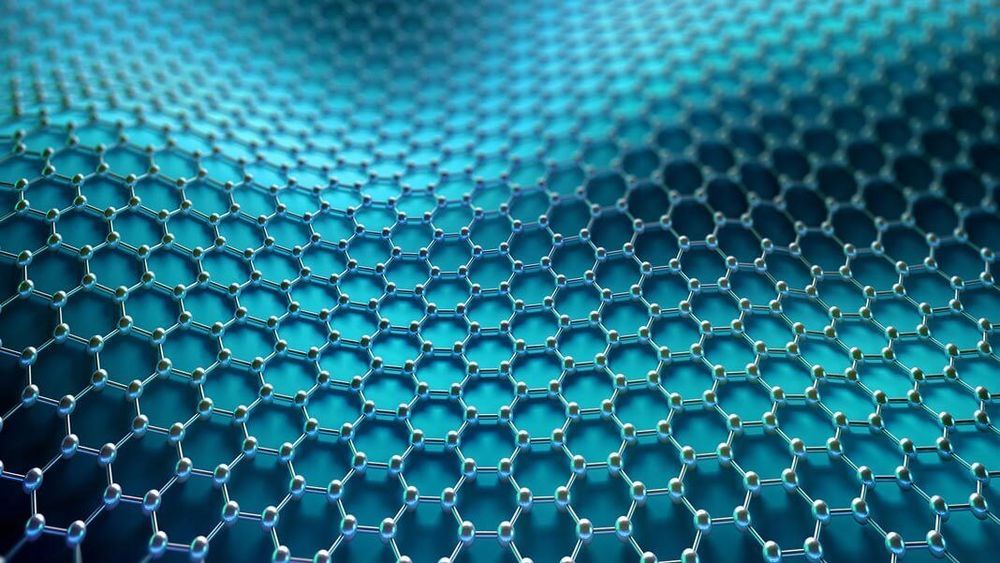Layers a single atom thick are naturally lightweight, yet also surprisingly tough and flexible. This led to initial speculation for graphene being used as the ideal building material or protective body armor of the future. Yet it is the electrical properties of graphene, which arise from the unique behavior of electrons in such a thin layer, that have led to the first use cases for graphene in sensors and LEDs. Superconductivity, on top of everything else, is the icing on the cake for this remarkable material.
A Physicist’s Playground
Of course, twisted bilayer graphene (TBG) is not the first substance to exhibit superconducting properties. Superconductors, which can, amongst other things, generate extremely high magnetic fields without losing energy to electrical resistance, are already widely in use. Striking examples include the magnets at ITER, the world’s largest fusion device, currently under construction.
